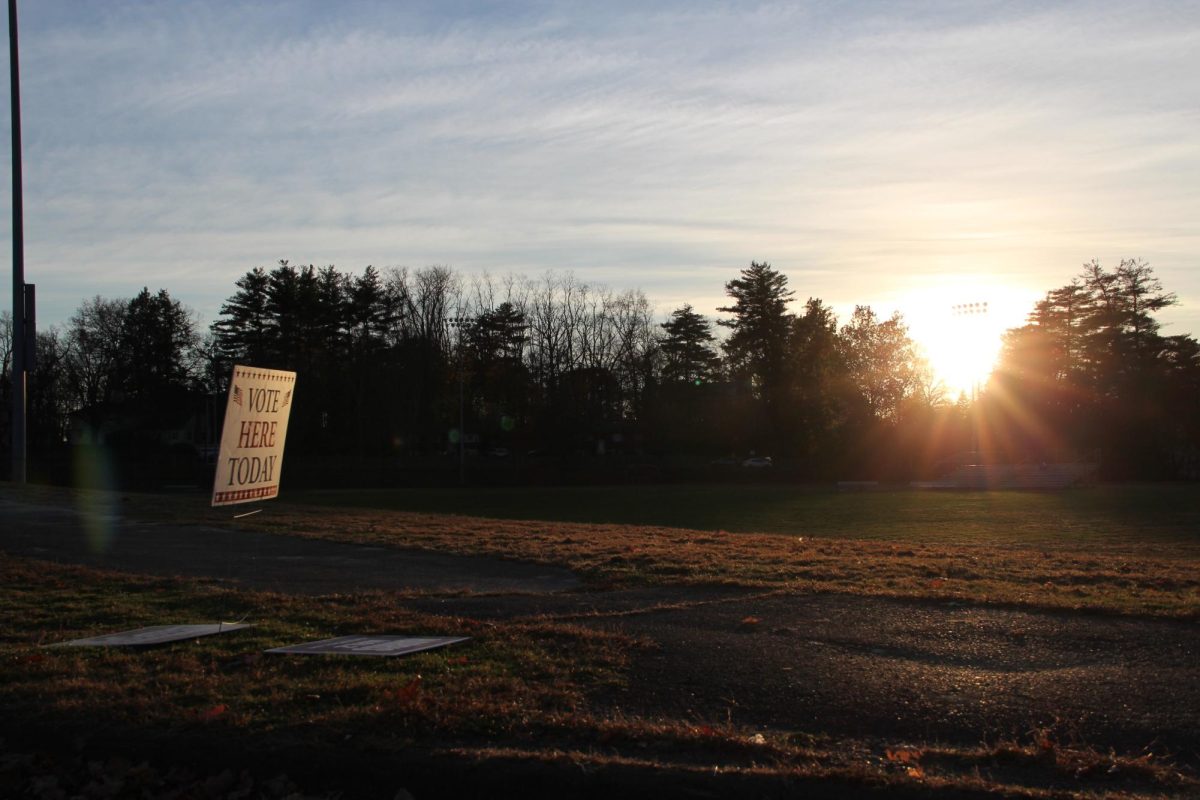
Holocaust journalist and Combined Jewish Philanthropies outreach coordinator Matt Lebovic, spoke about Auschwitz photography and Holocaust media on Tuesday evening at the Hillel House at the University of Massachusetts. Lebovic, fascinated since childhood by the Holocaust and its ongoing relevance to Jewish identity, incorporated both historical and personal context in his talk, which focused on the Auschwitz Album.
The album is a set of approximately 200 photographs taken in one day at the Auschwitz Concentration Camp in the summer of 1944, when 400,000 Hungarian Jews were killed over the course of six weeks. After years of research, Lebovic found his grandmother in one picture, the only member of her family to survive the camp.
“This work has involved a lot of personal growth for me,” said Lebovic. “Something that was a really big deal has been that my dad actually started doing some of his own research a few months ago, and says that he’s really proud of what I’m doing.”
Lebovic’s main knowledge of his grandmother’s time in the concentration camps comes from taped interviews in Steven Spielberg’s Nazi Atrocities Film and Video Archive.
“I remember at Passover it would always be my Zadie [grandfather] talking about his experiences of the Holocaust. He would talk, and my Bubbe [grandmother] would be cooking, bringing food out, cleaning, you know, working,” said Lebovic. “She would never talk about her own time doing forced labor.”
Lebovic says that one goal of his work is to highlight the stories of Jewish women, whose narratives are often forgotten and overlooked in Holocaust commemoration.
In Lebovic’s family, they rarely discussed his grandparents’ experiences in the Holocaust, and that for a long time his interest in the Holocaust was something that he kept private, and even felt ashamed of.
“At eight years old I was reading these grown-up books about the Holocaust, literally with a flashlight between my bed sheets at night … I think this is actually a common experience for Jewish children.”
In a small discussion after the talk, Lebovic drew parallels between the lack of conversation about personal experiences with the Holocaust in his family, and the pressure to keep quiet about his own experience of being gay.
“I certainly wasn’t out in college. It was 1996 to 2000 at Boston University and there wasn’t the kind of acceptance you have here,” said Lebovic. “I never told my grandparents before they passed away. There was never much encouragement to talk to them about that kind of thing.”
Sam Steitner, an UMass senior studying environmental science, said that he agrees that many Jewish families and communities have improved in their acceptance of gay and trans people. Steitner organizes a group “for queer Jews” that meets on weekends for social events.
“There are so many support groups and like, we get it, everyone’s suffering. I wanted to do something where we can actually have fun,” said Steitner.
On the subject of common comparisons between Donald Trump and Adolf Hitler, and the Syrian refugee crisis and the Holocaust, Lebovic said “I’m not embarrassed to say this: Trump scares me. Having studied Hitler’s rise to power for years, Trump reminds me of him.”
Lebovic says that the two men share many tactics: fear mongering, threats to marginalized groups, capitalizing on economic downturn, and masterfully tapping into anger and rage to turn out voters.
“It goes to show you, you can’t just focus on your own minority.”
A major theme of the talk’s historical focus was the planning and efforts of Hitler’s government to keep the millions of Jews and other victims secret. The Auschwitz Album is notable in that it is one of few photographic records of the infamous gas chambers and their chimneys, which were destroyed by German troops before the end of the war.
“The first three million Jews were shot and buried, but about three years into the war, they realized that they didn’t want to leave evidence. Jews from work camps were sent to dig up the remains and burn them.”
Lebovic says that top Nazi officials were “fastidious” in eliminating the workers as well.
“When they were losing at Stalingrad, these men knew they couldn’t keep this up forever, they didn’t think there was a way to win against the United States and Russia, so they started to cover their tracks.”
Lia Gips can be reached at [email protected]


















